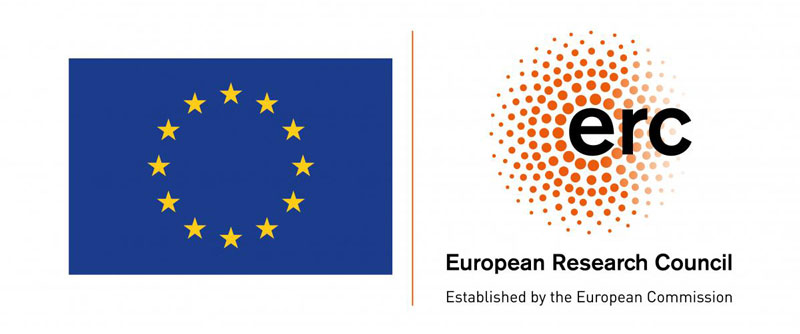Project Overview

Project Overview
Animals are central to the livelihood strategies of millions of people in sub-Saharan Africa. Across the continent, animals provide sources of food and income, despite the growth of more diverse modes of subsistence. However, entanglements between humans and animals often have deeply problematic consequences for health, well-being and the environment. For example, unsustainable hunting practices reduce biodiversity and risk zoonotic disease transmission, and the uncontrolled use of antibiotics in intensified farming threatens to exacerbate anti-microbial resistance. Meanwhile, against a backdrop of climate-change induced pressures, development projects try to change human-animal relations in order to enhance productivity and economic resilience.
Within this emerging dynamic it is important to reappraise the role of animals for contemporary livelihoods; the implications of human-animal relations for the wellbeing of multi-species communities; and the mechanisms of governance that seek to manage human-animal relations.
Our Work Packages
Our work packages will enable us to study processes in Kenya and Sierra Leone together. This will provide insights into the shared global assemblages in which the two countries are enmeshed, so that we can explore how interventions in the field of animal health and livelihoods are shaped by wider, global relations, ideas and processes. The global comparison will be further augmented by a case study which will study how global relations are enacted through the delivery of One Health projects, and explore how developmental ideas and interventions move between the global North and South (and vice versa).
The comparative framework of this project is designed to draw out what these sites share and to learn from their differences and points of incommensurability.
Work Package One
Livelihoods & Development
Work Package Two
Health & Diseases
Work Package 3

